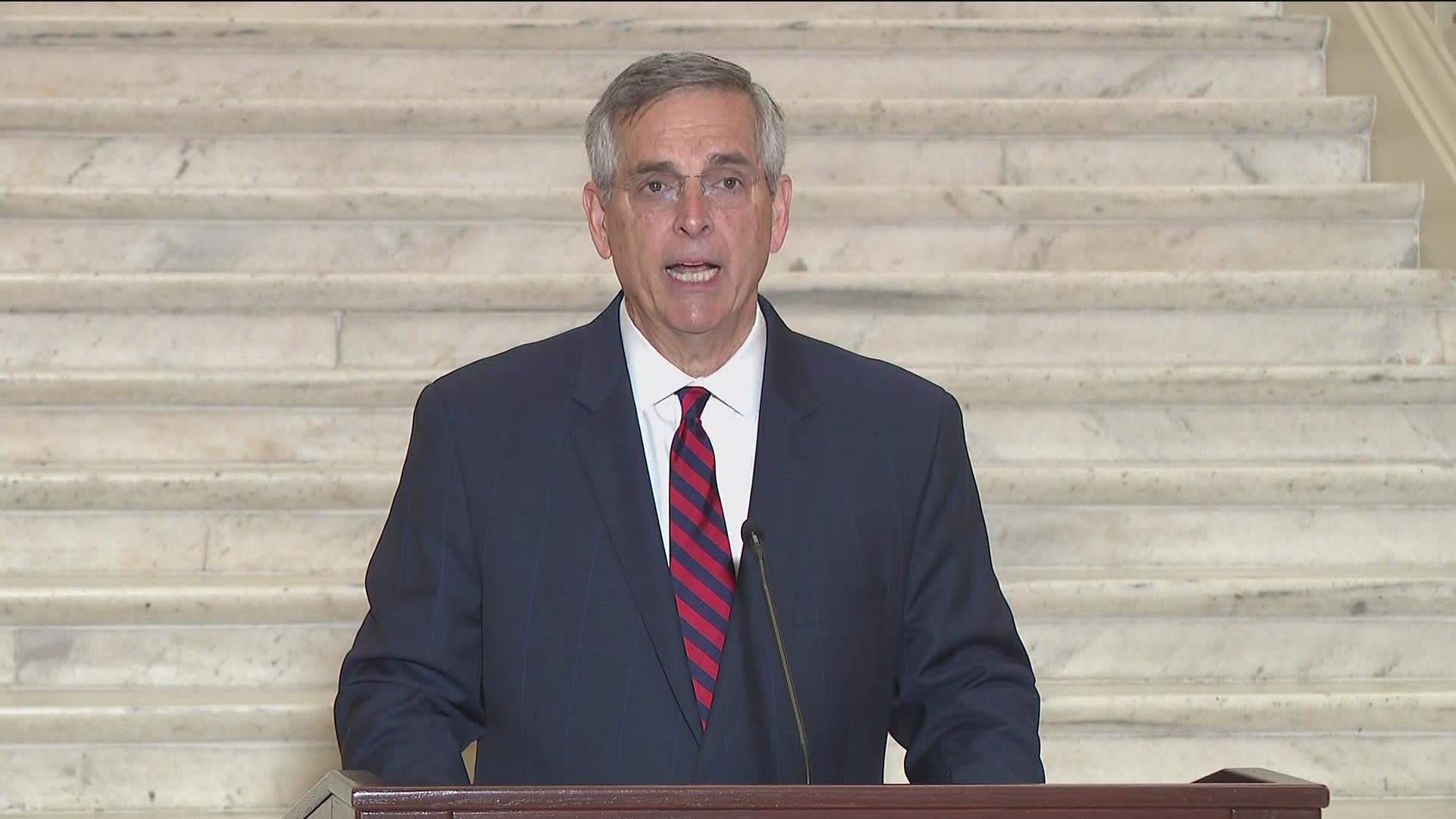ATLANTA — Georgia counties will begin performing a statewide risk-limiting audit on the Nov. 8 elections next week, part of a process mandated under state law for any even-year general election.
The purpose of a risk-limiting audit is to sample random batches of ballots, count them by hand, and see if the results mostly align with the official machine-count election results.
That makes it different from a recount in very important ways.
How are a risk-limiting audit and a recount different?
The main difference is that a risk-limiting audit is a process that relies on mathematical principles - you take a certain sample of votes, count them by hand, see if it checks out with machine-counting numbers, and if it does it gives you a high level of confidence that the machines worked properly and arrived at the correct results.
A recount is a process whereby you simply run the ballots through the machines a second time, to see if you get the same (or close) result.
There are important legal differences here, as far as Georgia goes, too. A risk-limiting audit is required to be performed on one general election race in even years (this year, Sec. of State Brad Raffensperger has chosen his own race for the audit).
The results of the audit do not supplant the machine-count election results - they are simply a check on them. In a recount, the second count does become the official election result.
Why were they so hard to distinguish in 2020?
The 2020 presidential election in Georgia was a unique situation.
In 2020, Raffensperger chose to audit the presidential race because of the contentious nature of that election. Because the margin of that race between President Biden and former President Trump was so close, the state conducted a full hand-count audit of all the ballots in the state.
In a race where the margin is much larger, an audit can be done on a much smaller sample of ballots to give you confidence the results were correct.
Because they counted all the state's ballots by hand in 2020, it wound up functioning an awful lot like a recount. But again, importantly, in that instance the hand-recount totals did not become the official election results.
A machine recount was performed after the hand-count audit, and it was the second machine count that became Georgia's official 2020 results.
Will there be a recount of any 2022 races?
No, at least not from the Nov. 8 voting. By Georgia law, a losing candidate has to be within 0.5% of the vote of the winning candidate to be entitled to request a recount.
That wasn't the case in any races, so there will be no recounts (Sen. Raphael Warnock and Herschel Walker are headed to a runoff because neither cleared a 50% + 1 vote majority threshold, but even in that race, Walker is more than 0.5% behind Warnock.)

